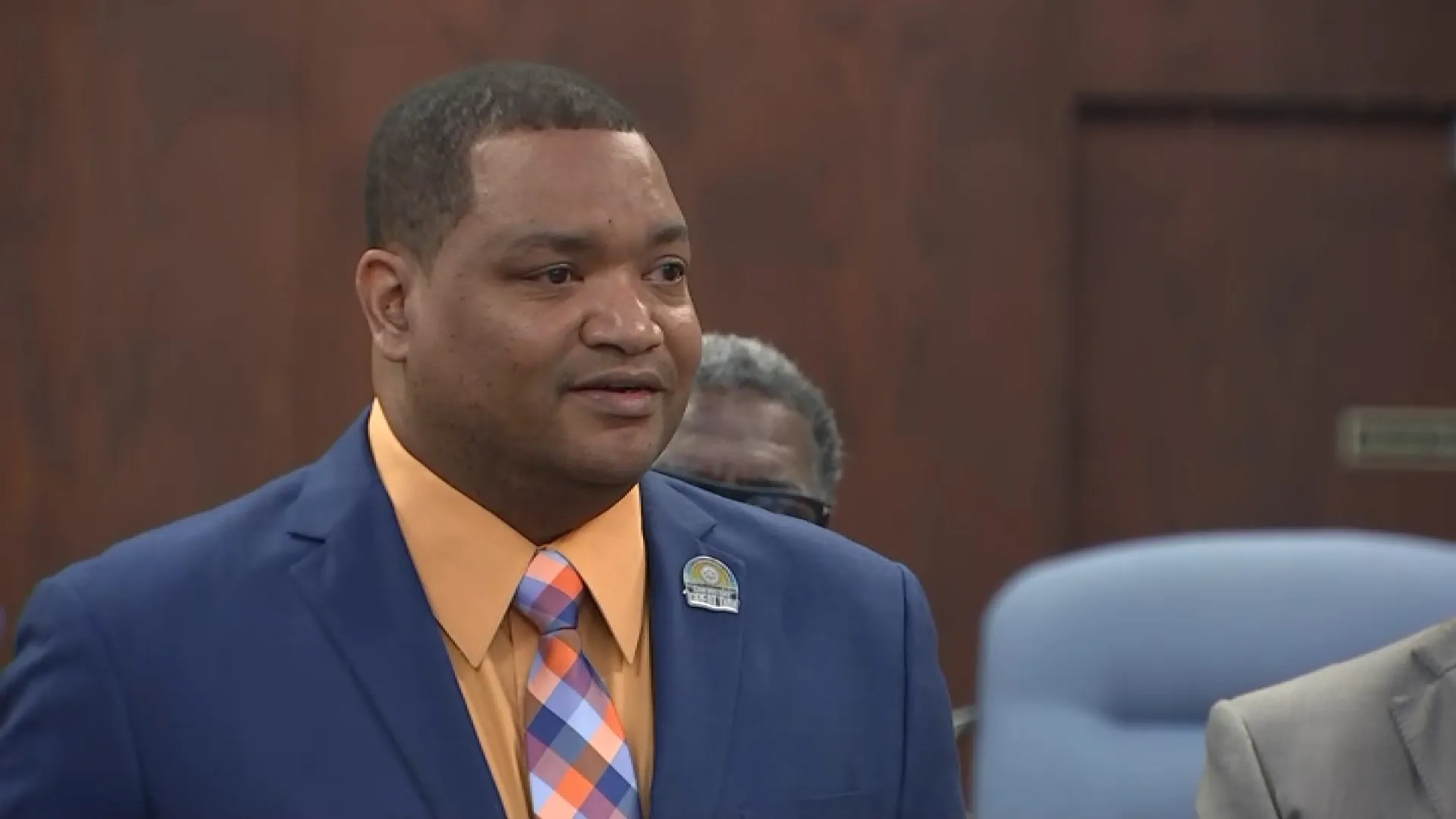The beach is the biggest draw in any shore town - but at a certain point, they just want you to leave.
Enforcement of overnight beach curfews varies from place to place, with some police departments making routine patrols while others merely ask that you not fall asleep out there. But The Press of Atlantic City reports that whether or not summonses are issued also depends on the circumstances.
Overnight beach access used to be very different, even just a few years ago. Many towns that received public beachfill funding were required by the state to have 24-hour beach access. Then a lawsuit by the borough of Avalon caused the state to reverse course.
So today, the curfews are back - and in some towns, they never went away.
In Margate, where the curfew is 10 p.m. to 6 a.m., police conduct "beach runs'' about two to three times per night. Lt. Ken Bergeron said he doesn't believe many summonses have been issued so far this year.
In Ventnor, which also has a 10-to-6 curfew, "For the most part we don't do tickets or things like that unless there's a problem,'' Chief Mike Miller said. "If you're down there doing something wrong, that's one thing. If you're down there taking a walk, that's (another) thing.''
Still, walking alone is not something that's recommended. The beach, Miller said, "is a wide open area you can't really see from the Boardwalk. ... Obviously if someone is down there by themselves, they could be victimized just by the fact that it's desolate and alone.''
Local
Breaking news and the stories that matter to your neighborhood.
Atlantic City has regular ATV patrols for its 10-to -6 curfew, Beach Patrol Chief Rod Aluise said. However there are exceptions, such as for the 9:30 p.m. Fourth of July fireworks.
In Wildwood, "I don't want to say it's waived for nights with fireworks,'' police Capt. Robert Regalbuto said of the 10-6 curfew, "But a lot of people go down on the beach.''
Usually, Wildwood has a hands-off approach, Regalbuto said.
"As a courtesy, we tell people to leave the beach,'' he said. "And usually, people comply fairly well. Occasionally, some people give you a hard time. They are subject to a local ordinance violation, so it's our discretion to issue summonses.''
Despite the less-than-strenuous enforcement, towns fought hard against rules laid down by the state Department of Environmental Protection in the middle of the previous decade. The DEP had required that towns that received state money for beach-replenishment projects must have 24-hour, unrestricted public access to beaches, in addition to parking requirements.
Several Cape May County towns, including Ocean City, repealed beach curfews in order to be eligible for $7 million in state money for beach projects. But Avalon sued, and the DEP ultimately rolled back that requirement in 2010.
"The biggest thing was liability,'' said Avalon Public Information Officer Scott Wahl. "At the time, the state asked for 24-hour beach access, but if people are walking on the beach in the middle of the night, various issues come up. They could slip or fall. But the state didn't want to take on liability for that.''
Another problem, Wahl said, "was the fact that they tried to do a one-size-fits-all approach. In North Jersey, there's a lot of private beaches, but that largely doesn't exist in South Jersey. ... It made no sense, not only for Avalon but for neighboring communities. A town like Avalon accepts everybody to the beach. Avalon also has completely free parking, so there's no parking meters and a 900-space parking lot (by the beach). So it was sort of odd to have that policy statewide.''
The situation is the same in Atlantic City, Aluise said. There are no private or closed access points of the type found in Monmouth County and parts of Ocean County, which led to the attempted requirements.
"We have full, open access to the entire beach,'' Aluise said. "There's no restriction as to entry or exit.''
Wahl added that the Christie administration has been more helpful in its DEP regulations than the Corzine administration before it, which implemented the 24-hour rule.
"They're much more refreshing,'' Wahl said. "They talk to coastal towns.''



